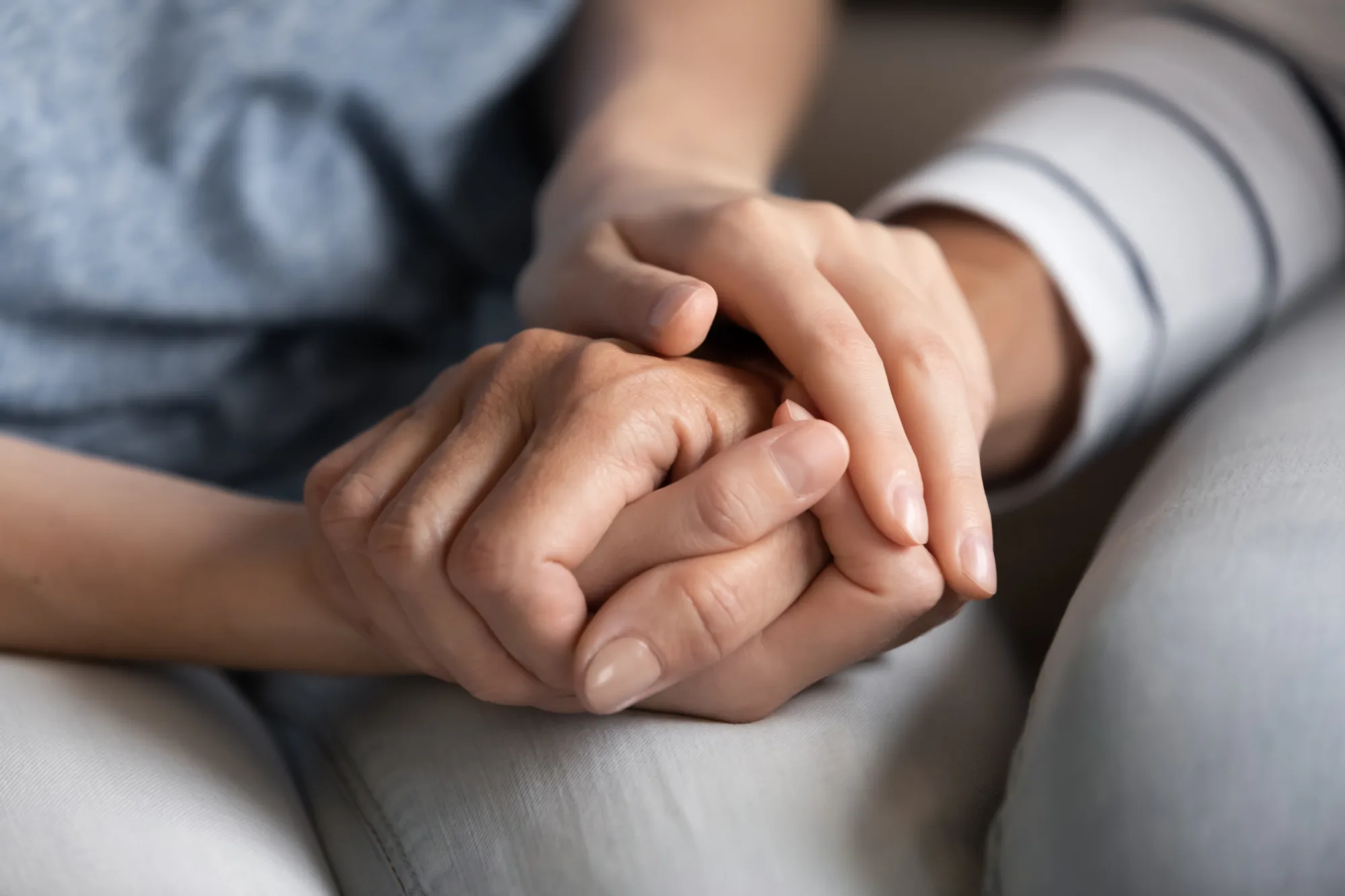Domestic abuse is any incident or pattern of incidents of controlling, coercive or threatening behaviour, that occurs between people who are aged over 16 and are ‘personally connected’.
Most often, domestic abuse is perpetrated by a partner or ex-partner, but it can also involve other family members. Ultimately, domestic abuse is a pattern of behaviour used by perpetrators to hurt, frighten, manipulate and gain control over their ‘loved’ one.
Abusive behaviour can take many forms, including (but not limited to):
• Physical or sexual abuse
• Violent or threatening behaviour
• Controlling or coercive behaviour
• Economic abuse
• Psychological or emotional abuse
• Stalking
Get Support Now
Contact our specialist team for support that is independent and confidential
What is Coercive Control?
Coercive Control (or ‘Coercive and Controlling Behaviour’ is a pattern of behaviour designed to harm, manipulate, intimidate and frighten another person. Perpetrators of domestic abuse use coercive control as a way of dominating their victims, isolating them from support, and limiting their freedom. Coercive control is a criminal offence in the UK.
What is Economic Abuse?
Economic abuse is a form of coercive and controlling behaviour that restricts someone’s ability to acquire, access or use money. It includes the control of access to goods or services.
“Economic abuse can include exerting control over income, spending, bank accounts, bills and borrowing. It can also include controlling access to and use of things like transport and technology, which allow us to work and stay connected, as well as property and daily essentials like food and clothing. It can include destroying items and refusing to contribute to household costs.” (Surviving Economic Abuse)
Economic abuse is now recognised in law in England and Wales, and is listed as a form of abusive behaviour in the Domestic Abuse Act 2021.
Aurora New Dawn are not responsible for the content of any external links

What about physical violence?
Physical violence ranges from spitting, pushing, pinching, shoving, kicking, biting, restraining, urinating on a victim to punching, choking, drowning, strangulation, serious harm or murder.
It can be easier to identify this kind of behaviour as abuse, because it is more visible. In most cases, however, physical violence is only one part of what makes a relationship abusive, and it will be accompanied by other behaviours such as coercive control, sexual violence, and economic abuse.
Some perpetrators do not use physical violence at all but still control, belittle, isolate and frighten their victims on a daily basis. This does not lessen the impact of their behaviour, or make it any less abusive.

We understand that speaking to us or other professionals will be a huge decision.
First and foremost, all you need to know about our organisation is that at #TeamAurora – #WeBelieveYou.
How you may be feeling
Domestic abuse can be terrifying. Perpetrators create a culture of isolation, fear and silence in their relationships and speaking out can feel like a huge risk.
We understand that victims worry about the consequences of leaving or seeking help, and we know you may fear for your safety or the safety of others in doing so.
Our team are highly trained. We will work with you to assess risk and put strategies in place to help keep you safe. We work in close partnership with other organisations who do the same.
Feelings of anxiety and/or depression are incredibly common when you are experiencing, or have experienced, domestic abuse.
This may have been used against you by the perpetrator and you may be worried about disclosing this to other professionals for fear of their response.
Specialist support services understand this, and can help you access additional support in this area if you need it. Please reach out – you have nothing to be ashamed of.
Perpetrators use isolation to cut you off from sources of support, including friends and family. This increases their control – often it means the only person left in your world is the perpetrator themselves.
As a victim of domestic abuse the feeling of loneliness can be overwhelming. You may feel you have nowhere to turn, that nobody will understand or that nobody will believe you.
None of this is true. Our services are confidential and we are here to listen, no matter what situation you are in. You do not have to want to leave for us to provide you a service. Our focus is providing you with the information you need, at the time you need it.
We understand that leaving an abusive partner doesn’t necessarily end the abuse. We will work with you through your journey, no matter the status of your relationship.
We also understand that experiencing abuse is life-changing and it can take many years to recover. You might need a bit of extra support to move forward, and that is perfectly normal.
Remember that the abuse you have experienced doesn’t define you. In time, if you decide you would like some longer-term support, or counseling, we can give you the options of some amazing organisations who can help.


What help is available for perpetrators of abuse?
Domestic Abuse is a choice. Domestic abuse perpetrators who really want to change their behaviour can absolutely do so.
The Respect Phoneline is a confidential service for domestic abuse perpetrators, their friends and family members, or professionals supporting them. Details are available here.
The Respect Standard is a quality assurance framework outlining a set of principles for working with perpetrators safely and effectively. A directory of services accredited to the Respect Standard can be found here.

Our services are confidential and we are here to listen, no matter what situation you are in.
Our focus is providing you with the information you need, at the time you need it.






